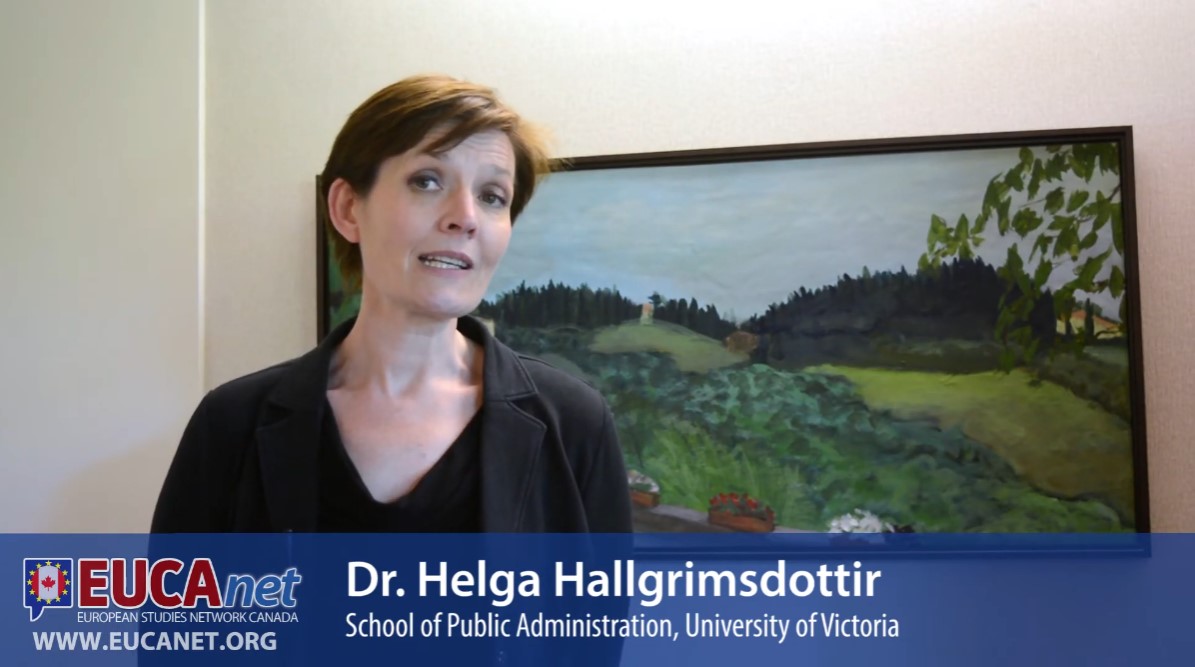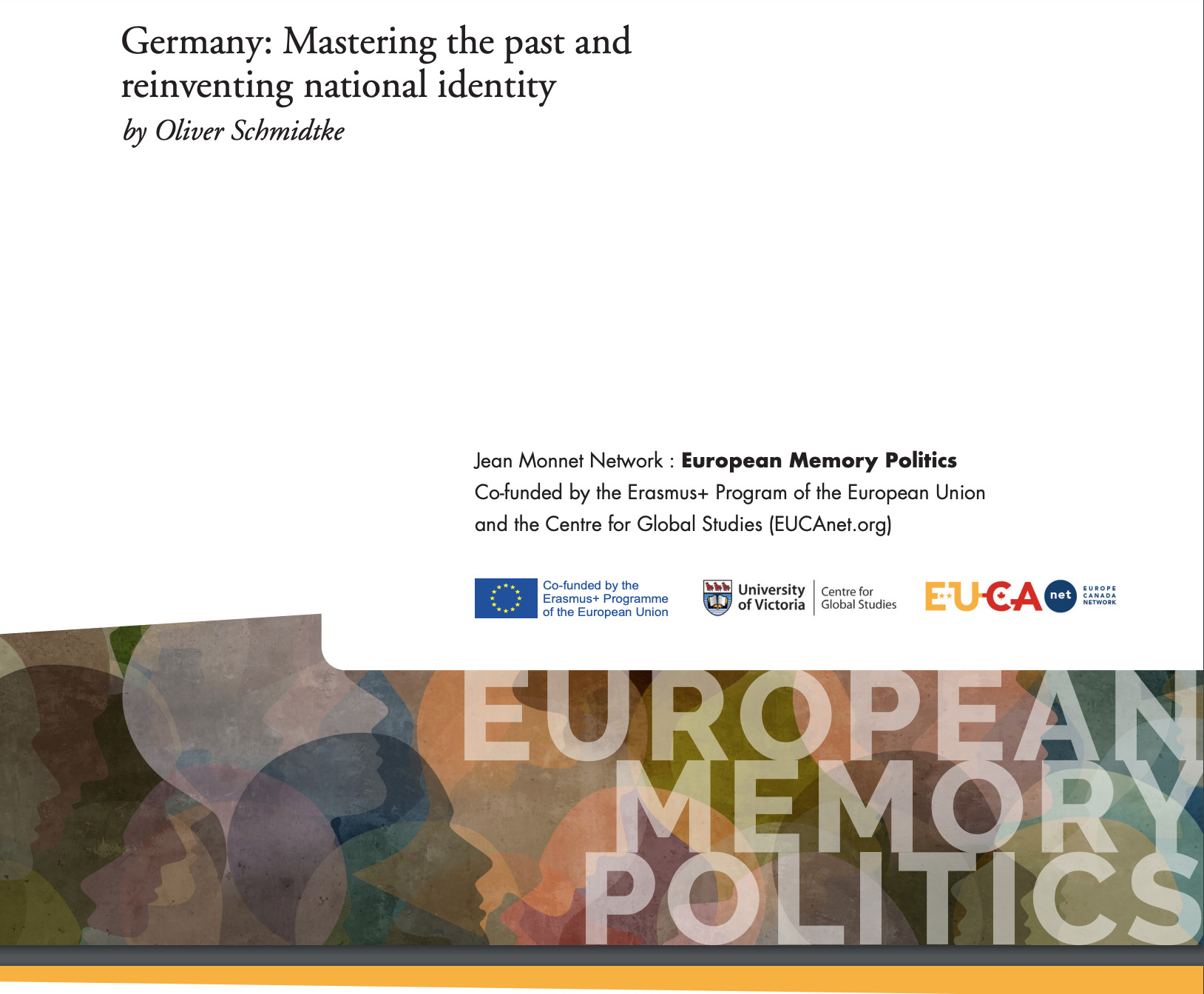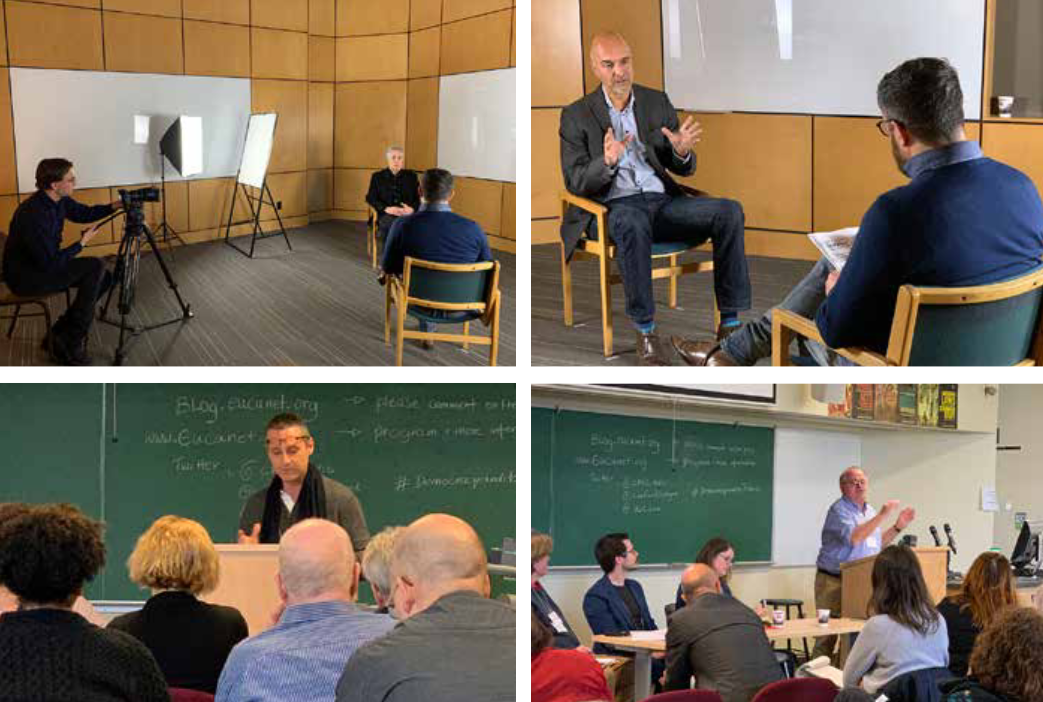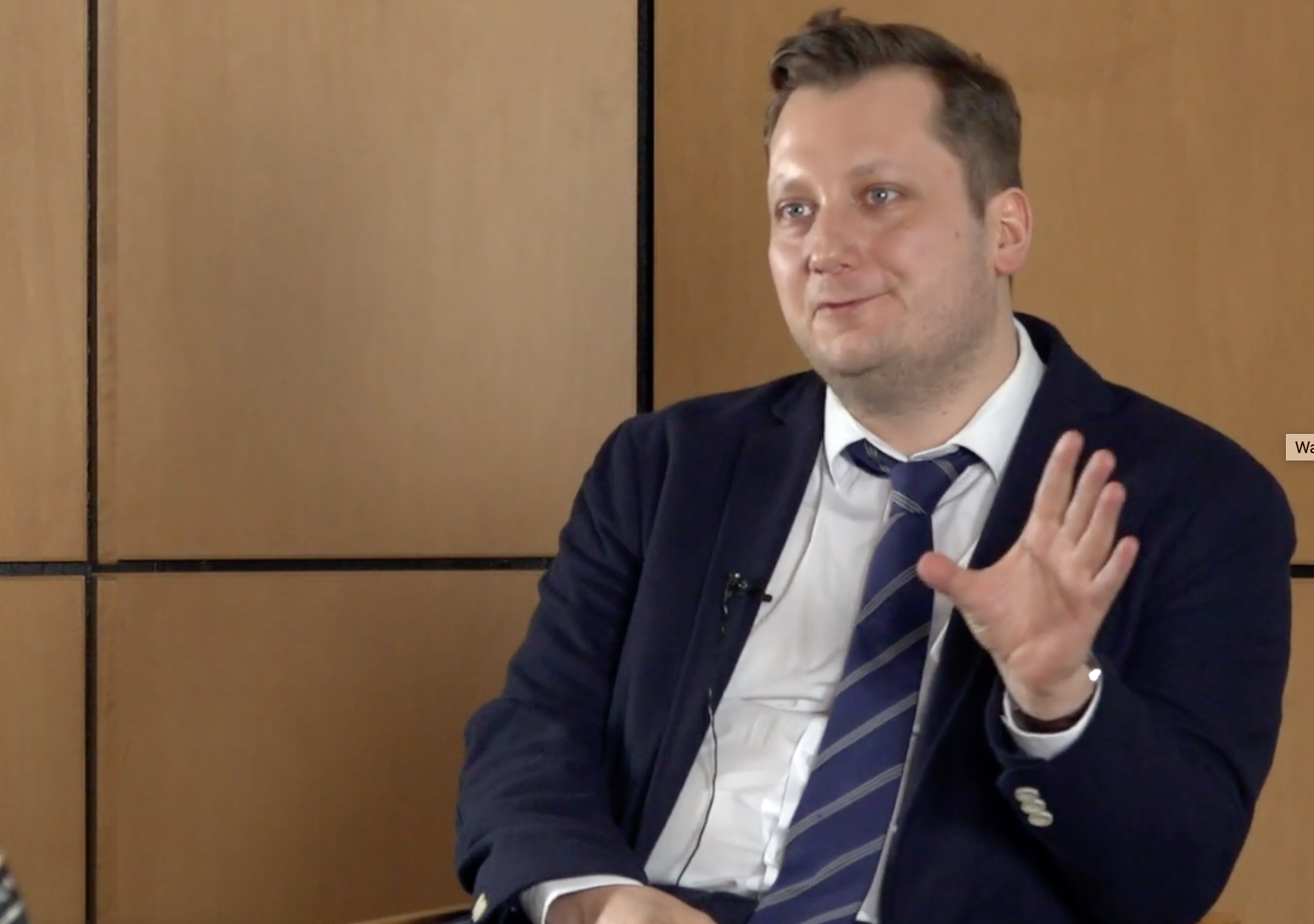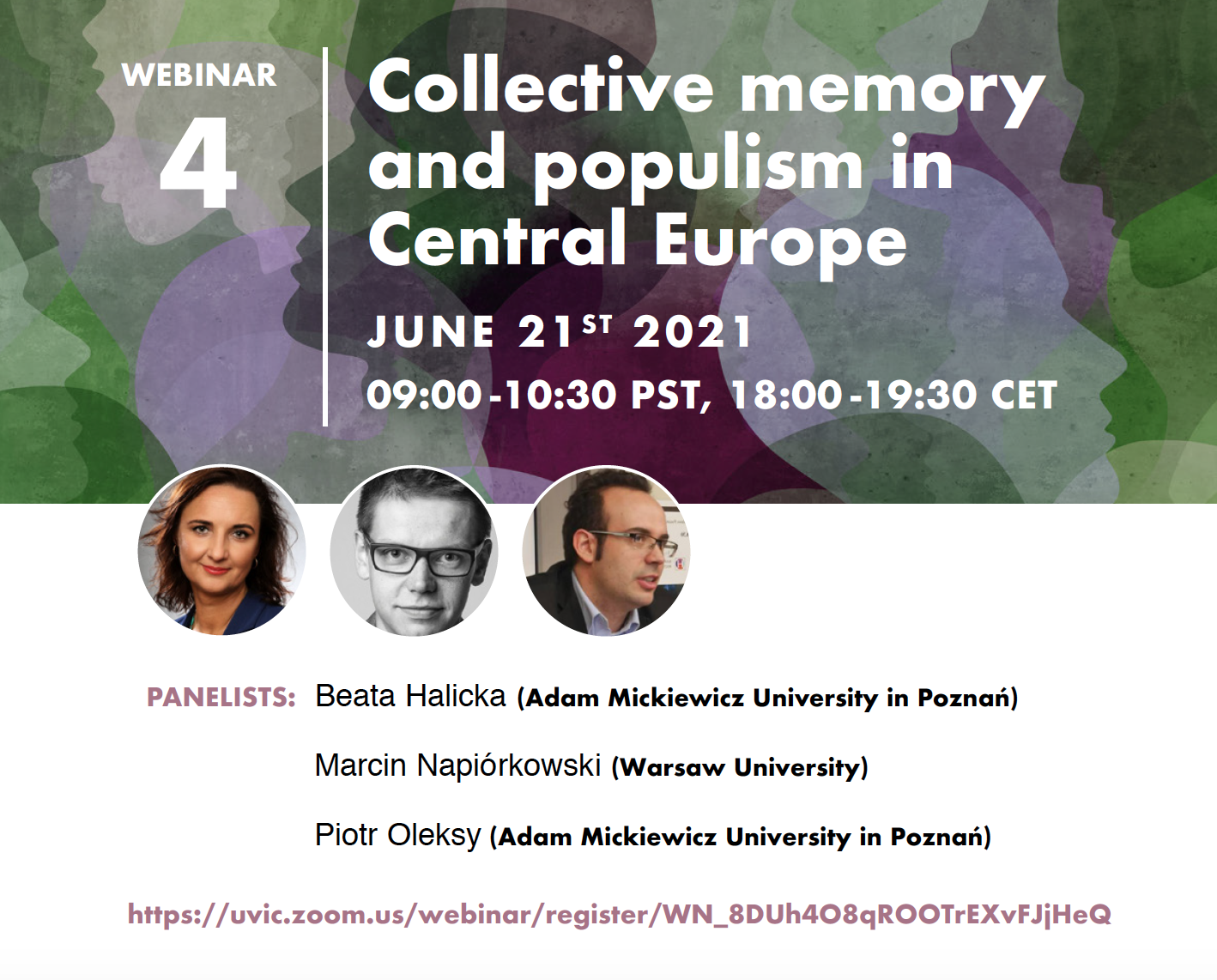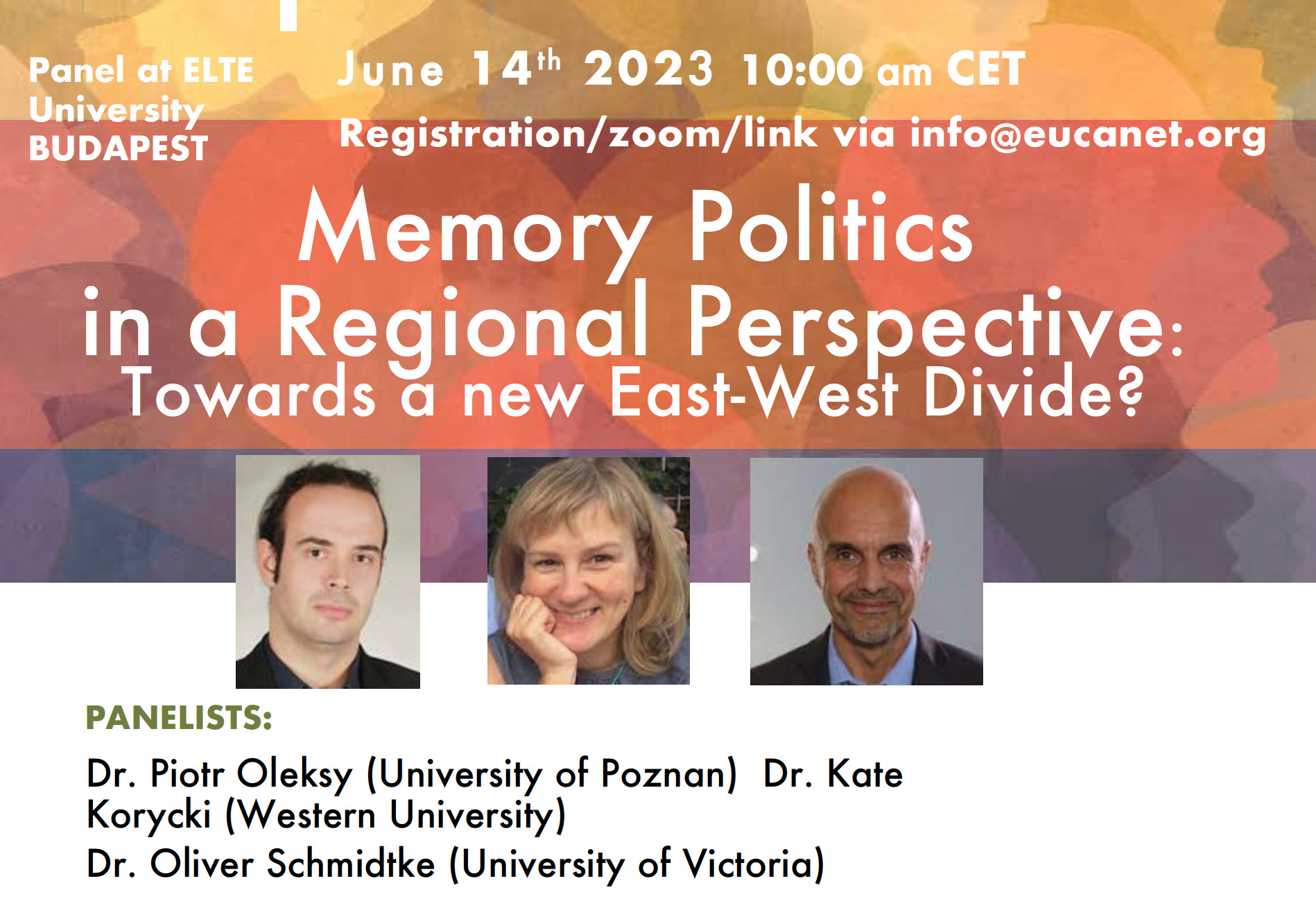Prof. Zoltán Pozsár-Szentmiklósy: Informal, Democratic Structures and the Central Political Power
Zoltán Pozsár-Szentmiklósy (Faculty of Law, Eötvös Loránd University, Budapest) participated in the international conference “Constitutionalism in the Age of Populism”, March 6-8, 2020. He gave a paper with the title: “Informal, Democratic Structures and the Control of the Central Political Power”.
According to the hypothesis of Pozsár-Szentmiklósy’s paper, a number of legal institutions have primary functions which are not explicitly related to the system of the separation of powers but have a significant (secondary) impact on the relations of state organs. Certain tools of direct democracy, internal limits of the legislative power, the application of certain doctrines developed in constitutional interpretation, as well as the judicial enforcement of political rights can limit the sphere of action of state powers, especially the majoritarian political power. The effect of these legal institutions can be considered as ’informal structures of democracy’, or ‘invisible checks and balances’. This paper combines the theoretical analysis of the impact of these structures on the functioning of a democratic state, as well the related practice from transitional democracies in Central and Eastern Europe. Pozsár-Szentmiklósy notes that these findings may contribute to a more a comprehensive approach to the classic debates on democracy.
During the conference, Dr. Zoltán Pozsár-Szentmiklósy also participated in the video series on Populism and Democracy and accepted the invitation to respond to a bold question: “What are the greatest challenges that populism poses to democracy?”.
In the video, Pozsar-Szentmiklosy notes that populism poses a paradox. This paradox is given by the fact that at a general level, populism calls for the participation of the people in all the decisions that are important for the society. But on the other hand, it does not promote the real participation of the people, as populists simplify the most important questions of society and the procedures that would allow people to be informed and speak freely “are not as fair as they should be”.
He stresses that the European Union (EU) also faces the challenge of populism, adding that “maybe there is much more to be done at the level of Member States”, as “the populist movements and populist political problems occur at the national level”. The lawyer thinks that the first and most important answer to give to these is to offer a political answer and alternatives to the people on a deliberative basis. But the EU has also some task here, as it needs to communicate with the people to explain why the European values belong to them and why these are important. Thus “building trust” is crucial – says Pozsar-Szentmiklosy – as at the country level many populist movements attack directly the European institutions.
Short Bio
Zoltán Pozsár-Szentmiklósy is an Associate Professor of Constitutional Law at Eötvös Loránd University, Budapest (ELTE). Previously he was the director of the ELTE Bibó István College of Advanced Studies and the Rector’s commissioner-general for student affairs and worked as a legal officer of the Hungarian Helsinki Committee, an NGO working for the protection of fundamental rights and the enforcement of the rule of law.
Pozsár-Szentmiklósy’s expertise is in constitution-making, constitutional reasoning, constitutional interpretation, principle of proportionality, systems of government, direct democracy, comparative constitutional law, and political rights. Most recently, he has published on issues on constitutional law in Hungary in articles including: ‘Formal and Information Constitutional Amendment in Hungary’ (2019) and ‘The Decision of the Hungarian Court on Constitutional Identity’ (2018).
You can read more about Zoltan Pozsár-Szentmiklósy’s current research here.
This video is part of the CEDoD project and was produced as part of the event “Constitutionalism in the Age of Populism”, which took place on 6-8 March, 2020 in Victoria, BC. CEDoD stands for “Canada Europe Dialogue on Democracy: Democratic Deficit and the Rise of Populism in Europe”. This project is co-funded by the Erasmus+ Jean Monnet Action of the European Union, the Centre for Global Studies, University of Victoria, the Social Sciences and Humanities Research Council of Canada (SSHRC), the Faculty of Law at the Eötvös Loránd University (ELTE), the Australian Government through the Australian Research Council and the University of Victoria: the Faculty of Law, the Centre for Global Studies, Vice President Research Office, Faculty of Humanities and the Faculty of Social Sciences. The European Union support for the production of publications does not constitute an endorsement of the contents which reflect the views only of the authors, and cannot be held responsible for any use which may be made of the information contained therein.

